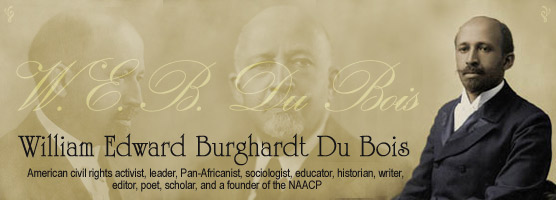“The ink is black, the page is white, together we learn to read and write…”
books, dining and cuisine, everyday glory, food for thought, LEGO and Rokenbok, movies and TV, music, news and info, office antics, science and technology, style, toys, Whiskey Tango Foxtrot...?! February 4th, 2010Another NBN Thursday gets under way.
And it’s my “Technical Friday.”
And it’s sunny and nominally “warm.”
And, it’s a suit day: Olive suit, white shirt, burgundy conversational tie (it has candles on it).
Those are the makings of a good morning.
Today is also World Cancer Day.

Last night, SaraRules and I went to Cafe Zupas for dinner. We both had sandwiches and soup and we split a “Sinful 7” cheesecake dessert. Next, a quick trip to the store — we are having loonybin88 and his family over for dinner tonight – jambalaya! – and needed some fixin’s. Then, back home for couch time (which included Breakfast at Tiffany’s and some four-color reading).
Today, I only have one meeting. At least, I only have one on my schedule… so far. Hopefully, the day will remain relatively meeting-free.
Chew on This: Food for Thought – Black History Month
Today’s spotlighted person is W.E.B. Du Bois
William Edward Burghardt Du Bois was an American civil rights activist, Pan-Africanist, sociologist, historian, author, and editor.
Du Bois graduated from Fisk University, a black institution at Nashville, Tennessee, in 1888. He received a Ph.D. from Harvard University in 1895; although Du Bois took an advanced degree in history, he was broadly trained in the social sciences. Du Bois received many honorary degrees, was a fellow and life member of the American Association for the Advancement of Science, and a member of the National Institute of Arts and Letters. He was the outstanding African American intellectual of his period in America.
Although Du Bois had originally believed that social science could provide the knowledge to solve the race problem, he gradually came to the conclusion that in a climate of virulent racism, expressed in such evils as lynching, peonage, disfranchisement, Jim Crow segregation laws, and race riots, social change could be accomplished only through agitation and protest. In this view, he clashed with the most influential black leader of the period, Booker T. Washington, who, preaching a philosophy of accommodation, urged blacks to accept discrimination for the time being and elevate themselves through hard work and economic gain, thus winning the respect of the whites.
At the turn of the century, he had been an advocate of black capitalism and black support of black business, but by about 1905 he had been drawn toward socialist doctrines. Although he joined the Socialist Party only briefly in 1912, he remained sympathetic with Marxist ideas throughout the rest of his life.
In 1905, Du Bois took the lead in founding the Niagara Movement, which was dedicated chiefly to attacking the platform of Booker T. Washington. The small organization, which met annually until 1909, was seriously weakened by internal squabbles and Washington’s opposition. But it was significant as an ideological forerunner and direct inspiration for the interracial NAACP, founded in 1909. Du Bois played a prominent part in the creation of the NAACP and became the association’s director of research and editor of its magazine, Crisis.
Upon leaving the NAACP, he returned to Atlanta University, where he devoted the next 10 years to teaching and scholarship. Following this, he returned once more to a research position at the NAACP (1944–48). This brief connection ended in a bitter quarrel, and thereafter Du Bois moved steadily leftward politically. Identified with pro-Russian causes, he was indicted in 1951 as an unregistered agent for a foreign power. Although a federal judge directed his acquittal, Du Bois had become completely disillusioned with the United States. In 1961 he joined the Communist Party and, moving to Ghana, renounced his American citizenship more than a year later.
Du Bois’s most lasting contribution is his writing. As poet, playwright, novelist, essayist, sociologist, historian, and journalist, he wrote 21 books, edited 15 more, and published over 100 essays and articles.
Stray Toasters
- The 10 Most Useful Gadgets from Science Fiction and Comics
Check out Item #5. (And, to answer the question posed in Item #5: “Yes and no.” “Yes,” for rookie GLs, but “no” for veterans, who have learned to overcome “the yellow impurity.”) - Men At Work lose plagiarism case in Australia
- TV newsroom worker looking at nude photos in background
pointed out this follow-up: Was banker set up over saucy Miranda?
- First Listen: Massive Attack, ‘Heligoland’
pointed out this bit of awesomeness: An aircraft carrier… made of LEGO 
(click here for full-sized view)- Sci-fi Novels to Keep You Awake at Night
- I still haven’t gotten around to watching Planet Hulk. Maybe I’ll do it tomorrow.
- Altitude Causes Weight Loss Without Exercise
- From the “Whiskey Tango Foxtrot…?!” file: Woman Charged with Selling Goth Kittens
- Star Trek plush dolls
Namaste.
Leave a Reply
You must be logged in to post a comment.

